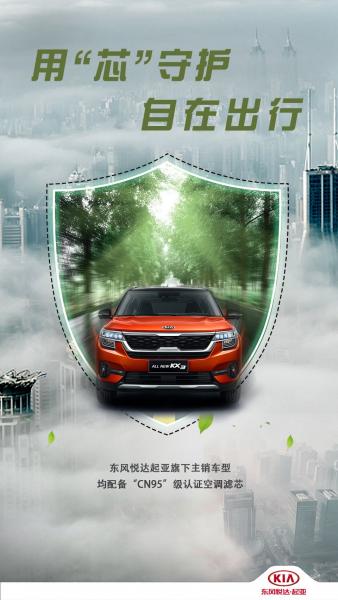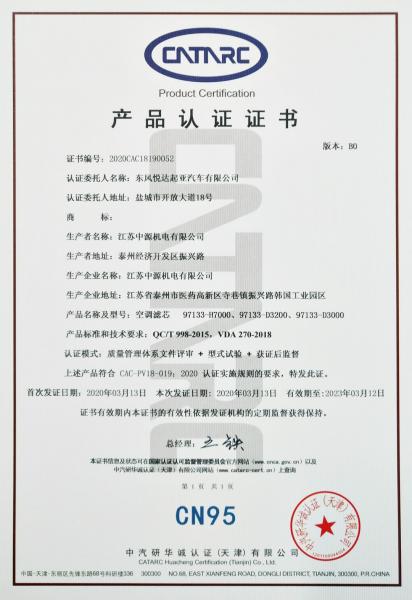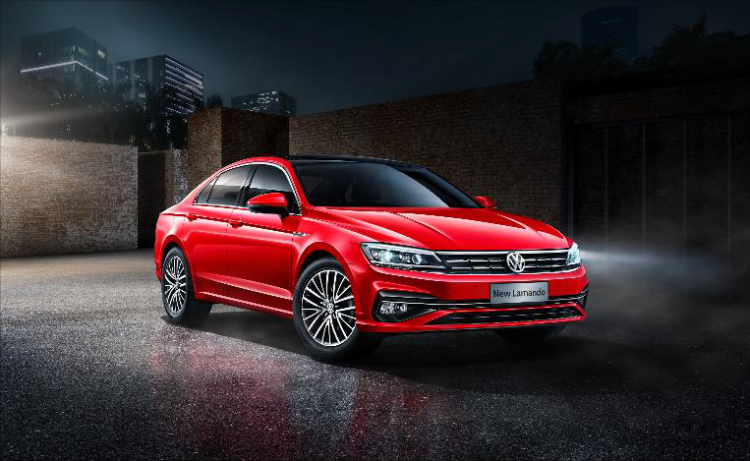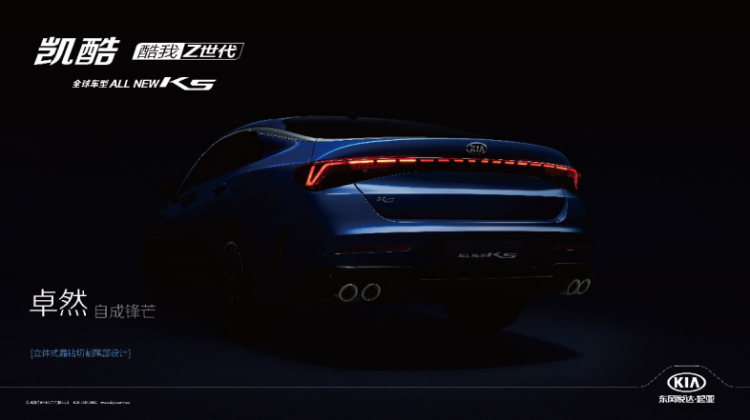Recently, the high-density electrostatic attachment “high-efficiency purification filter element” developed by Dongfeng Yueda Kia obtained the “CN95” certification from the China Automotive Research Institute Huacheng Certification Center. It is reported that many of Dongfeng Yueda Kia’s main sales models have begun to be equipped with this certified filter element.

China Automotive Research Institute Huacheng Certification Center is currently the only authoritative organization in China that has the certification qualification for “vehicle-level CN95 air filter”, and is also the certification body for air-conditioning filters designated by the National Certification and Accreditation Administration.
This “CN95” grade air-conditioning filter adopts multi-layer high-density electret electrostatic melt-blown fiber material, which can filter more than 95% of ultra-fine particles with a diameter of 0.3 μm or more. Significant filtering effect can provide car owners with better health protection.

In addition, Dongfeng Yueda Kia not only developed the “CN95” air-conditioning filter element, but also successfully developed an air-conditioning system equipped with drying and sterilization functions. Because the evaporator in the air conditioner is in a humid and dark environment for a long time, it is easy to breed bacteria. This air conditioning system uses the waste heat of the heater to dry the evaporator, effectively inhibiting the growth of bacteria. Dongfeng Yueda Kia will apply this system to mainstream models on sale.
At the same time, Dongfeng Yueda Kia is planning to support another air-conditioning filter element. This air-conditioning filter element is an ultra-fine particle activated carbon adsorption “composite ultra-efficient purification filter element”. Compared with the “CN95” air-conditioning filter element, the “composite ultra-high-efficiency purification filter element” has a higher filtration efficiency for particles with a diameter of 0.3 μm or more, which can reach 97%. The added activated carbon material can effectively absorb harmful gases such as formaldehyde and benzene, and significantly reduce the odor in the cabin. The “composite ultra-high-efficiency purification filter element” will be considered to be installed in the new generation K3 EV, new generation K5 and subsequent models launched this year.




